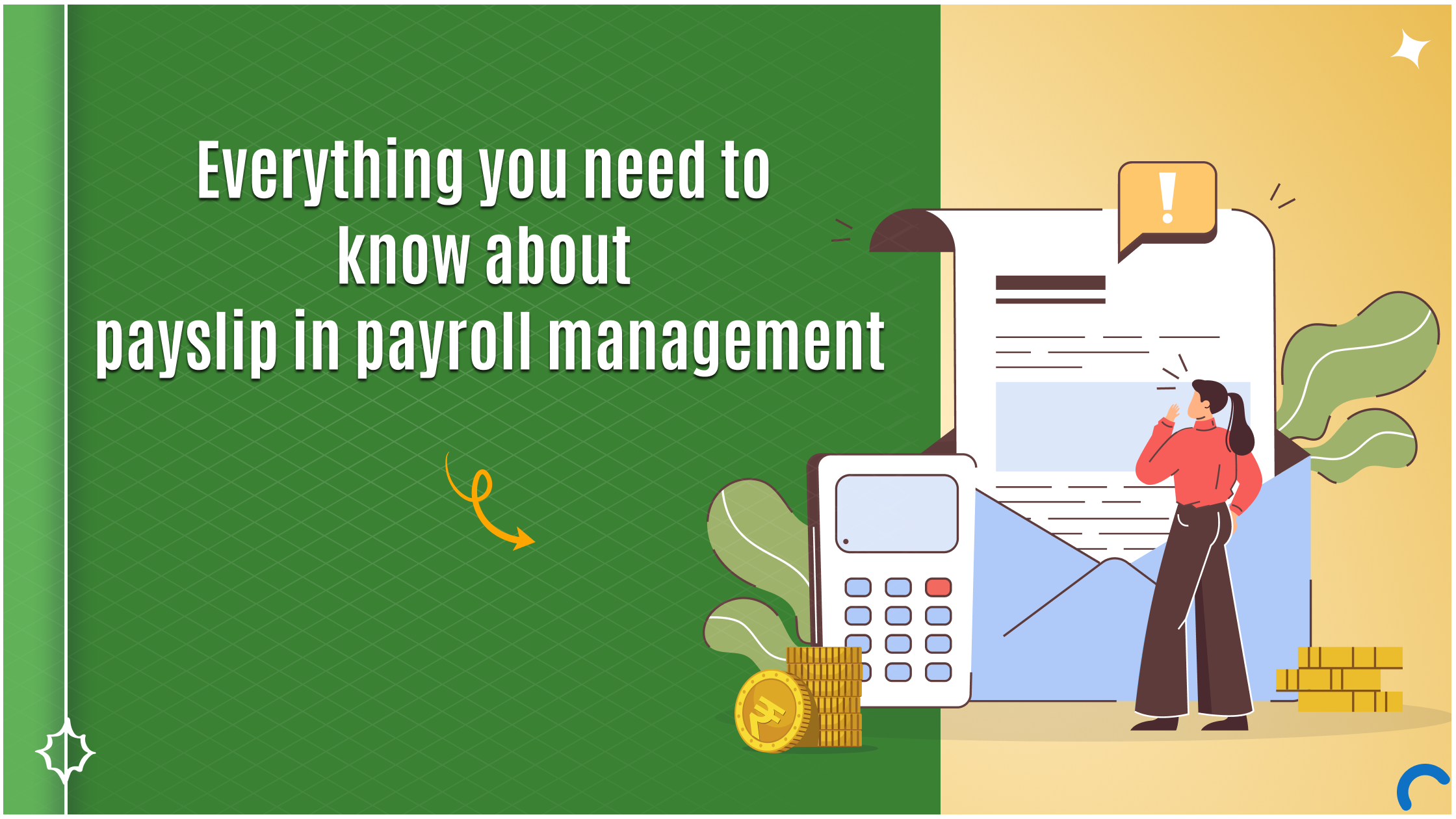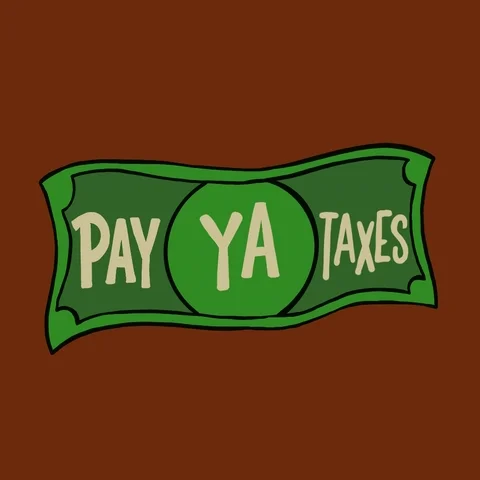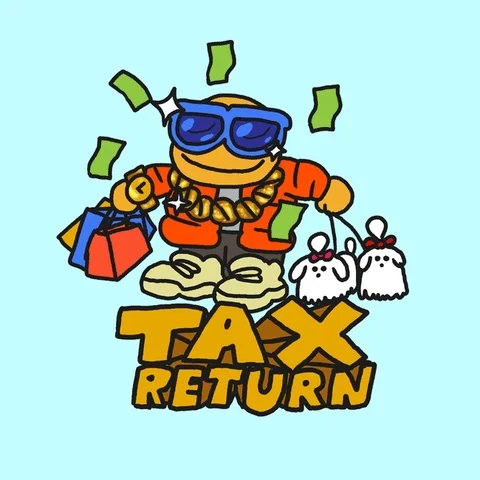UBS App is now Superworks

Payslips – A very important thing for working professionals. Every working employee gets a salary slip. But most people do not even know the importance of it.
Do you know why a payslip is important?
If you are an HR Manager or an employer, you might need to create Employee Payslips at the end of the month.
Creating payslips manually can be erroneous and sometimes hectic too if you have so many employees in your organization.
However, do you know that employee salary slips can also be created online, and even customized according to the salary structure of your business? You can use automated payroll management software that can help you auto-generate payslips for your employees.
In this blog, we will see various aspects of a payslip. Keep reading to know more.
A Payslip or a salary slip is a document that is issued every month by an employer to its employees. It contains a detailed breakdown of an employee’s salary and deductions for a particular pay cycle. This document can either be a mailed copy or can be emailed to the employees. Also, any company having a business is bound to issue a payslip periodically as proof of salary payments to the employees and the deductions made, which is an essential aspect of business bookkeeping.
Thinking of creating payslips manually? Don’t stress over manual processes, go automated. UBS Payroll software offers you the functionality of auto-generated payslips. Once you set a date, the employee salaries will be calculated and payslips will be generated automatically to every employee’s email. Every organization’s salary slip format is different. Below is a general salary slip format given for your better understanding.

As we said above that the monthly salary slip format of every company is different, however, the basic payslip format contains the following details:
Statutory Compliance In The Indian Payroll Management System
The employer generates the payslip every month and the employees can download the payslip in pdf format. However, how many of you understand the salary slip format and its components in its entirety?
Most people only consider the value of a payslip only when they apply for a loan or new credit card. However, here is why it’s critical to have a deeper understanding of the salary slip format.

A wage slip or pay slip contains basic details such as the name of the employer, the person’s name, title, and employee code. Income/earnings and deductions are the two primary categories of salary components.
This part of the salary slip contains the basic salary and allowances. Every component of the income is discussed below.
As the name suggests, basic is the basic component of the salary. It constitutes 35 – 50% of the salary. It serves as the foundation for other pay components. At lower levels, the basic is frequently higher. Other allowances typically increase as the individual advances within the firm. The basic pay is typically kept low by organizations so that the allowance pay isn’t increased. The employee is responsible for paying 100% of taxes on the salary. The first item on the salary slip’s earnings side is basic.
To counteract the effects of inflation on one’s wages, one is given a Dearness Allowance. It is usually 30-40% of the basic pay. DA is directly dependent on the cost of living. It differs accordingly based on the region. Basic and DA are viewed as pay for the purposes of income tax. As a result, it is taxable. It appears on the pay slip’s earnings side immediately following the basic pay.
Employees who live in rented housing receive House Rent Allowance (HRA). The HRA is based on the employee’s city of residence. In a major metropolis, HRA is equal to 50% of base pay. It is 40% of the base salary in all other cities. Given that it is an allowance, housing rent allowance is tax-free up to a certain amount, providing the employee pays the rent. It can be found on the salary slip’s earnings side. One can save income tax on HRA. The exemption is the minimum of the below:
Payroll Software – What Integration Brings for the Payroll’s Future?

Conveyance Allowance is the sum an employer gives a worker to cover the cost of getting to and from work. It is a concession. hence is tax-free up to a certain amount. It can be found on the salary slip’s earnings side. On the conveyance allowance, income tax can be avoided. The exemption is the minimum of below:
A medical allowance is a sum that an employer gives to a worker to cover medical costs incurred while they are employed. On a medical allowance, income tax can be avoided. However, the employer can only pay the employee this sum after receiving proof in the form of medical bills. The allowance will still be paid to the employee even if they don’t provide proof of their medical expenses because it will be fully taxed. The allowance of up to INR 15,000 is only excluded from tax in the event that the documentation is presented. It can be found on the salary slip’s earnings side.
Employers provide it to cover the cost of an employee’s travel while they are on leave. It also covers the immediate family members of the employee’s travel costs. To qualify for the discount, you must provide proof of your travel within specific parameters. The leave travel allowance tax exemption does not apply to any expenses incurred during the trip that are not related to transportation. Additionally, the exemption is only valid for two trips made over a period of four calendar years. It can be found on the salary slip’s earnings side.
Performance-based compensation is a type of special allowance. These are typically given to employees to motivate them to perform better. Additionally, these limits differ from business to business. Special benefits are 100% taxable. It can be found on the salary slip’s earnings side.
The deductions part of the salary slip contains PT, TDS, and EPF. The same is explained further in the blog.

A minor tax is known as the “professional tax” is imposed by state governments on earning professionals. In just a few states it is refundable. The following states fall into this category: West Bengal, Andhra Pradesh, Karnataka, Maharashtra, Tamil Nadu, Gujarat, Telangana, Chhattisgarh, Kerala, Assam, Orissa, Tripura, Meghalaya, Bihar, Jharkhand, and Madhya Pradesh. It is assessed to everyone who makes a living through a medium, not only experts. The taxable income is reduced by this sum. It typically only amounts to a few hundred rupees each month and is taxed at the highest marginal rate. It can be seen on the salary slip’s side that shows deductions.
It is the sum that the employer withholds on behalf of the income tax division. It is dependent on the employee’s gross tax bracket. By making investments in tax-exempt securities like equity funds (ELSS), PPF, NPS, and tax-saving FDs, one can lower this sum. It can be seen on the salary slip’s side that shows deductions. Your take-home pay rises as a result of investing in section 80C instruments under the Income Tax Act. One may purchase mutual funds (ELSS), provide the corporation with investment documentation, and claim TDS returns.
It is the employee’s provident fund contribution. The Income Tax Act’s section 80C applies to this. The accumulation of cash for an employee’s retirement is known as a provident fund. The Employees’ Provident Fund Organization is in charge of overseeing it. EPF contributions total 12% of the employee’s base pay. For the employees’ retirement, the employer also contributes in a similar way.
However, not all of the money donated to the employee provident fund actually ends up in it. The Employees’ Pension Scheme receives 8.33% of the employee contribution. If their monthly salary exceeds INR 15,000, the contribution is INR 1,250. 8.33% of employees’ salaries under INR 15,000 are allocated to the Employees’ Pension Scheme. The remaining sum is kept in the EPF program. Employees can, however, choose to forego the EPF program (up to a certain point) and invest instead in products that yield higher returns, such as equity funds (ELSS). On the portion of the pay stub devoted to deductions, Employee Provident Fund is listed.
Features and Benefits to Look for in a Payroll Management System
| Particulars | Formulas |
| Taxable Income | Income (Gross Salary + Other Earnings) – Deductions |
| CTC (Total salary package of the employee) | Gross Salary + PF + Gratuity |
| Gross Salary | Basic + HRA + Other Allowances |
| Net Salary | Basic + HRA + Allowances – Income Tax – Employer’s Provident Fund – Professional Tax |
Remember that you don’t need to learn these formulas to calculate employee salaries when you have cloud payroll software at your company.
Firstly, a payslip is important because it acts as a confirmation that the employee is salaried in the ABC organization. With the payslips, the employee can not just prove the credit score but also get bank loans along the way.
Many MNCs reject salary slips that do not have the necessary data. So, it is the responsibility of every employee to make sure that his/her payslip contains all the required information.
All in all, a salary slip:

Creating salary slips manually looks easy, but it’s not. Every month, HR managers put a lot of time and effort into it. However, a significant number of businesses in India have recently begun employing e-payslips.
Using HR payroll software, E-payslips are automatically prepared and sent to employees.
Here are some of the major advantages of electronic payslips versus paper ones:
Since payslips are stored in the payroll processing system, employees can download and print the slips on their own. This is the way companies can say goodbye to the costly and time-consuming paperwork.
In a recent study, 83% of respondents claimed that switching to E-payslips allowed them to save money.
Manual payslips are made with paper and ink which are a threat to our environment. eSlips on the other hand, cuts down the use of paper and ink. Companies that want to contribute their bit towards the environment should eliminate the use of paper-based payslips.
Payroll Processing in India – A Complete Guide to all the Payroll Processing Activities
With ePayslips, employers would not have to worry about confidential information getting into the wrong hands.
Employees historically had little choice but to sift through mountains of paperwork in order to learn the specifics of their prior compensation. Thankfully, E-payslips make this problem simpler. Employees only need to log in to their HR program to access their previous payslips.
Nowadays, the majority of HR and payroll processing systems offer mobile applications, allowing employees to easily download and view their payslips wherever they are.
Why endure the discomfort when you may get the customized payslip template when you already have a lot to handle and carry out?
If you were searching for automated payroll software with an auto-generated payslip feature, stop searching right now and get in touch with us for fast, accurate, and efficient payroll processing.
A payslip contains the company logo, employee’s name, code, basic salary, allowances, deductions, and more. Read the blog to know more.
A firm, regardless of its size or style, must have a payroll system in place. You can use it to automate, maintain, and manage the payroll for your employees. Book demo with UBS Payroll - a software for small- and medium-sized businesses.
A salary slip is proof of an employee’s employment. It should contain all the basic details like salary, allowances, deductions, and more. Read the blog to know more about Payslips.
A payroll management system is the process used by employers to pay their employees' wages. Additionally, it has to do with how they honor their duties to their employees, obey the law, and maintain proper financial records.
We are here to help you find a solution that suits your business need.
Get a visual representation of how we work!
Schedule DemoOur sales expert is just one call away to meet your needs.
Get In TouchHave a question?
Chat with Us